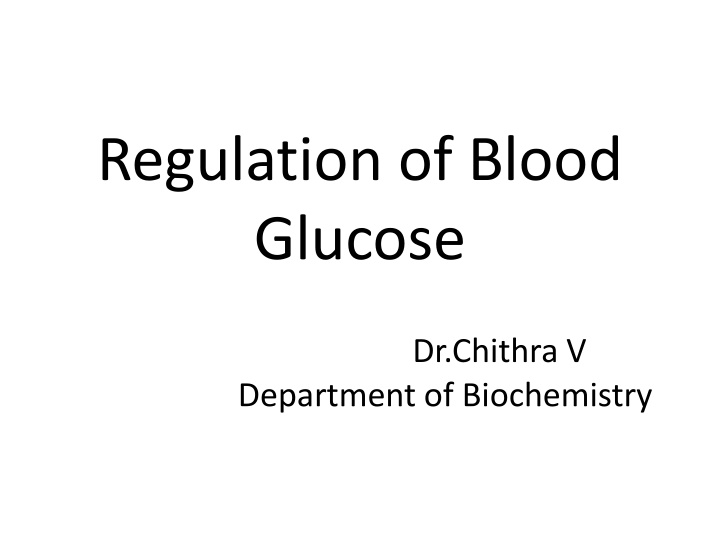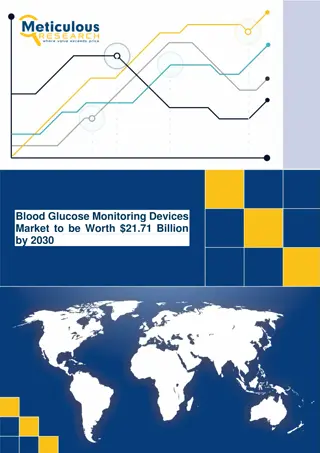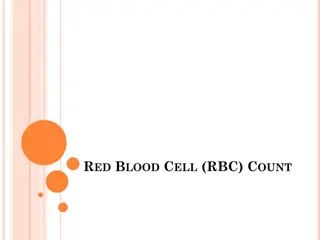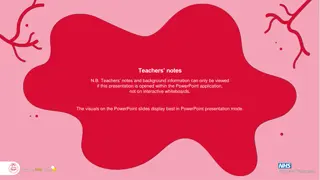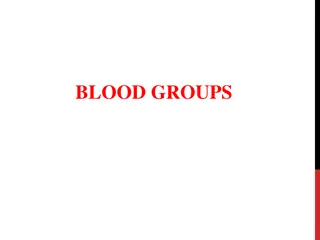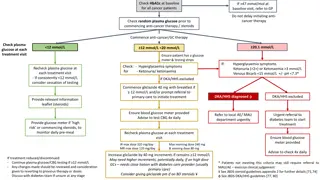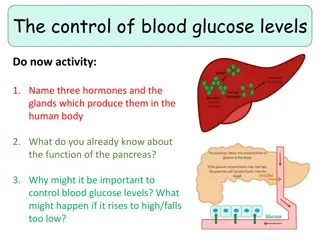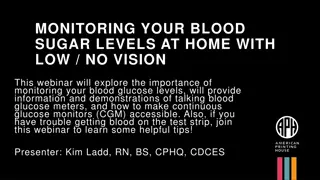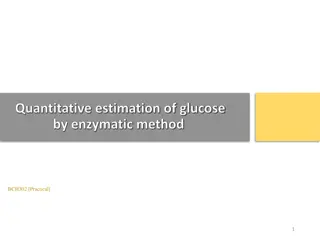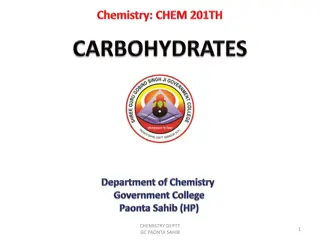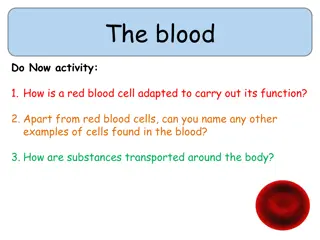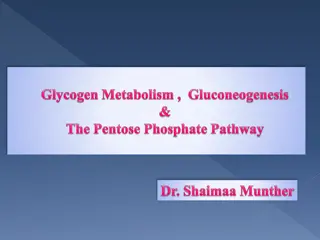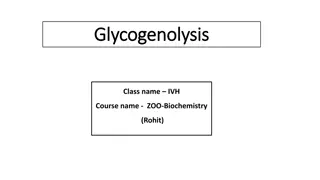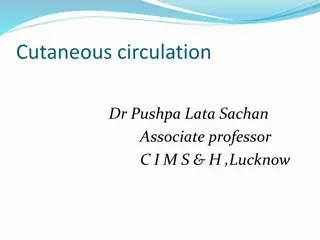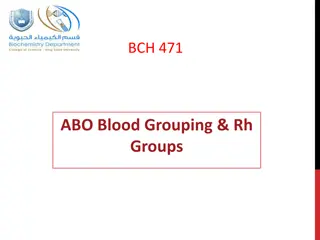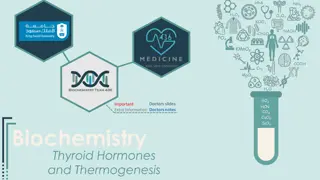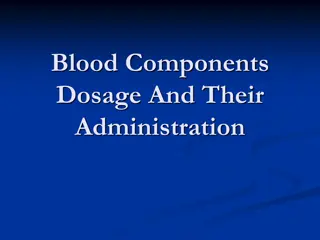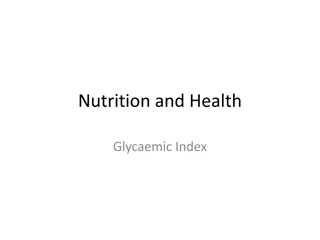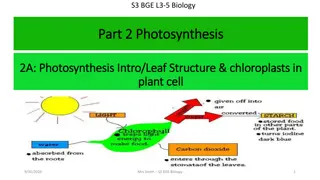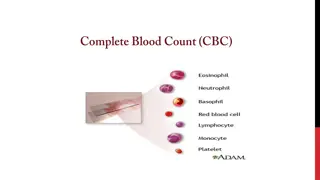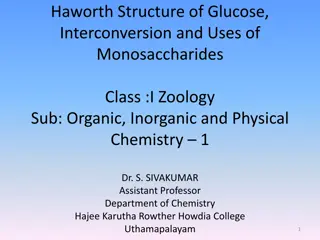Regulation of Blood Glucose and Its Importance in Maintaining Health
Blood glucose regulation is crucial for energy supply in the body, particularly for brain function. Understanding the balance of glucose entering and leaving the blood through processes like absorption, glycogenolysis, and gluconeogenesis is vital. Hormones like insulin and glucagon play key roles in maintaining normal blood glucose levels. Postprandial regulation involves insulin secretion to manage glucose uptake, while regulation in fasting states involves glucagon to increase blood glucose levels through glycogenolysis and gluconeogenesis.
Download Presentation

Please find below an Image/Link to download the presentation.
The content on the website is provided AS IS for your information and personal use only. It may not be sold, licensed, or shared on other websites without obtaining consent from the author.If you encounter any issues during the download, it is possible that the publisher has removed the file from their server.
You are allowed to download the files provided on this website for personal or commercial use, subject to the condition that they are used lawfully. All files are the property of their respective owners.
The content on the website is provided AS IS for your information and personal use only. It may not be sold, licensed, or shared on other websites without obtaining consent from the author.
E N D
Presentation Transcript
Regulation of Blood Glucose Dr.Chithra V Department of Biochemistry
Importance of Glucose Glucose is the preferred source of energy for most of the body tissue. Brain cells derive energy mainly from glucose. So if there is any derangement occur to the supply of glucose to brain , brain damage may occur life threatening condition. So the regulation of blood glucose is very important
Normal blood glucose level is 70 -110 mg/dl in the fasting state. This level is maintained by the balance between glucose entering and leaving the blood. This balance is managed by hormones mainly insulin & glucagon
Entry of glucose into blood Depends on a) Absorption of glucose from intestine b) Glycogenolysis (breakdown of glycogen to glucose) c) Gluconeogenesis a) Hyperglycemic hormone glucagon
Leaving of glucose from blood - Depletion Depends on a) Utilisation of glucose by tissues for energy b) Glycogenesis Synthesis of glycogen from glucose) c) Lipogenesis conversion of glucose to fat d) Hypoglycrmic hormone - insulin
Regulation - Occurs at two levels - 1) Post prandial regulation - 2) Regulation in Fasting State
Post Prandial Regulation After a meal,blood glucose level increases secretion of insulin. Insulin favours glucose uptake by Increased peripheral utilisation of glucose by glycogenesis and lipogenesis
Regulation in Fasting State 2 to 21/2 hours after a meal ,the blood glucose level falls below normal- stimulate the secretion of glucagon. Glucagon increases blood glucose level by 1) Glycogenolysis 2) Gluconeogenesis
